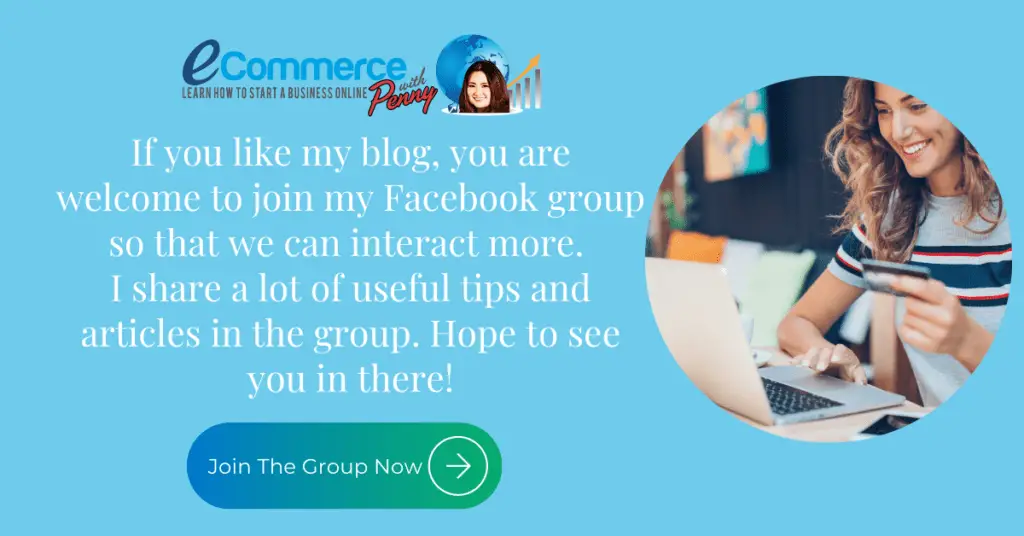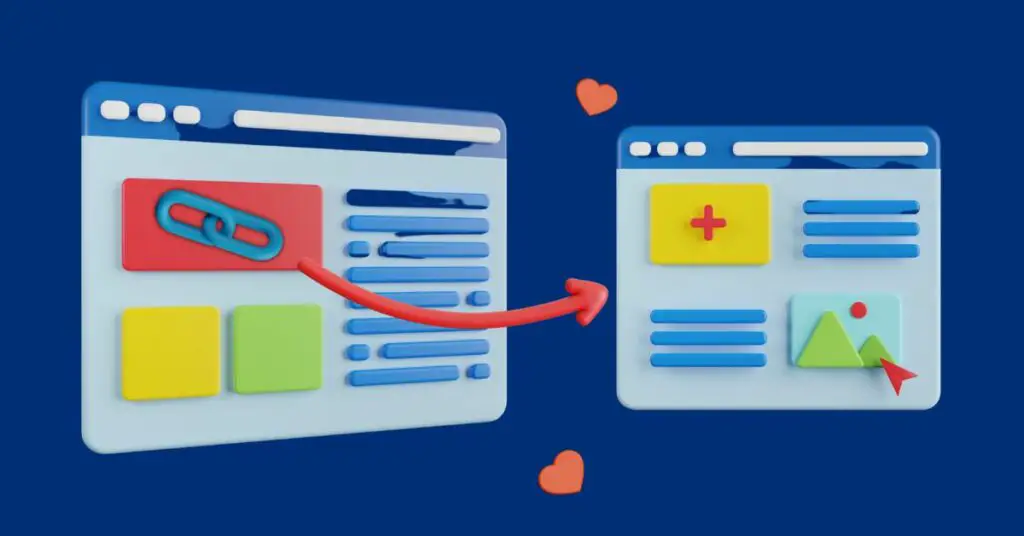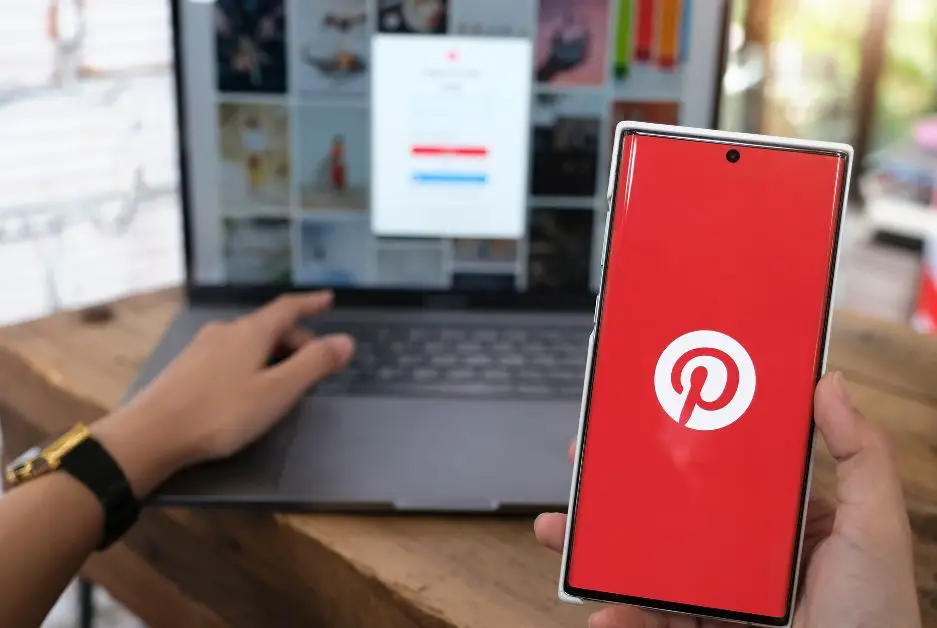Make Your Marketing More Effective with Permission Based Marketing
Are you looking for a way to make your marketing more effective? If so, you should consider using permission based marketing. It is becoming increasingly popular, and for good reason. It can help you reach your target audience more efficiently, and it can also help improve your ROI. In this blog post, we will discuss the basics of permission-based marketing and how you can use it in your business.
DISCLOSURE: Some of the links that I share in this article ARE my affiliate links. This means I may earn a commission, at no extra cost to you. In fact, sometimes you'll get a discount or free credits just FOR using my link. 🙂
What is permission based marketing and why is it becoming more popular?
With traditional marketing, businesses blast their message out to as many people as possible, regardless of whether they're interested or not. This is also known as interruption marketing because it interrupts people's lives with advertising.
Permission based marketing (or Permission Marketing) is a type of marketing in which you get permission from your target audience before sending them promotional materials. It is also known as “opt-in” or “express consent”.
It was mooted by Seth Godin in 1999 as a way to avoid the issues associated with spamming. In other words, it is a more ethical and considerate form of marketing. In recent years, it has become more popular due to the rise of social media and the increased use of email marketing.

This is becoming more popular because it can be more effective than other types of marketing. It can help you reach your target audience more efficiently, and it can also help improve your ROI.
It has 3 main types which include express consent, implicit consent, and opt-out. An example of permission marketing would be if a company asked customers to sign up for their email list before receiving email messages.
What are the advantages of permission marketing?
There are many advantages and here are just a few of them:

-It can help you reach your target audience more efficiently: When you have the permission of your target audience, you can be sure that they are actually interested in what you have to say.
This means that you can avoid wasting time and money on marketing to people who are not interested in your product or service.
-It can help improve your ROI: Because you are only marketing to people who are interested in what you have to say, you are more likely to see a higher ROI.
-It is more ethical and considerate than other types of marketing: With permission based marketing, you are only contacting people who have given you their permission to do so. This means that you are not interrupting their lives with unwanted advertising.
We have all been on the receiving end of traditional marketing where we are constantly bombarded with advertising messages whether we like it or not. This can be really irritating, and it's one of the main reasons why people are turned off by them.
With permission based marketing, you are only contacting people who have given you their permission to do so. This means that they are more likely to be interested in what you have to say, and it also makes your efforts more ethical and considerate.
-It can help you build relationships: When you have the permission of your target audience, you can start to build relationships with them. These relationships can be beneficial for both parties involved.
-It can help improve customer loyalty and brand awareness: When you have the permission of your target audience, you are more likely to turn them into loyal customers.
These customers will be more likely to buy from you again in the future and they will also tell their friends and family about your product or service. This word-of-mouth marketing can be extremely beneficial for your business.
In fact, it helps to boost brands' reputations and allows them to create messages that offer value to customers. It generates value for the customer by creating authentic relationships and providing an effective source of data.
Thus, companies that use permission marketing have seen an increase in brand reputation and customer loyalty.
-It can help you stay in compliance with spam laws:
The CAN-SPAM Act is a law that sets the rules for commercial email, establishes requirements for commercial messages, gives customers the right to opt-out of receiving emails from you, and spells out tough penalties for violations.
In Europe there is also the GDPR which is a set of regulations that protect the privacy of individuals so if you want to do any marketing in Europe, you must adhere to these regulations.
To stay in compliance with this law, you need to get permission from your target audience before sending them any commercial messages. This is where permission based marketing comes in.
By getting permission from your target audience, you can be sure that you are not breaking any laws. This is because when you use permission based marketing, you are already in compliance with these laws as you are only contacting people who have given you their permission to do so.
It thus is an important tool for companies to build relationships with customers and generate leads.
How can permission based marketing help your business grow?
There are many ways in which permission based marketing can help your business grow and they are as follow:
-It can help you save money:
When you use permission based marketing, you are only contacting people who are interested in what you have to say. This means that you can avoid wasting time and money on marketing to people who are not interested.
-It can help you reach a wider audience:
When you use permission based marketing, you are not limited to only reaching people who are already familiar with your brand. You can reach a much wider audience as you can contact people who may have never heard of your brand before.
-It can help you build a database of qualified leads:
When you use permission based marketing, you can build a database of leads who have given you their permission to contact them. This means that you can be sure that these leads are interested in what you have to say and they are more likely to buy from you in the future.
-It can help you generate more sales leads:
When you use permission based marketing, you can generate more sales leads as you are more likely to reach people who are interested in what you have to say.
-It can help improve your conversion rates:
When you use permission based marketing, you are more likely to generate leads who are interested in what you have to say. This means that your conversion rates will improve as you will be able to sell to more people who are interested in your product or service.
Thus, permission based marketing is a powerful tool that can help your business grow in many ways. If you are not using it, then you are missing out on a lot of potential customers.
Permission based marketing in practice
There are a few different ways businesses are using it. The first way is through email marketing. This is where businesses send out emails to their subscriber list of people who have given them permission to contact them.
The second way is through social media marketing. This is where businesses post updates and content on their social media channels such as Facebook, Twitter, and LinkedIn. Since only people who follow or friend you will see your updates, this is also considered permission based marketing.

The third way is through SMS marketing. This is where businesses send out text messages to their subscribers list of people who have given them permission to contact them.
The fourth way is through in-app messaging. This is where businesses send messages to people who have downloaded their app.
The fifth way is through push notifications. This is where businesses send messages to people who have subscribed to their push notification service.
All these methods are great ways to stay in touch with your target audience and keep them updated on your latest products, services, and promotions.
How can you use permission based marketing to improve marketing efforts in your business?
There are a few different ways businesses use permission based marketing. You can also use it in similar manners to improve marketing efforts in your business. The three primary ways businesses use permission based marketing are by using website forms, gated content, and lead magnets.
-Website forms:
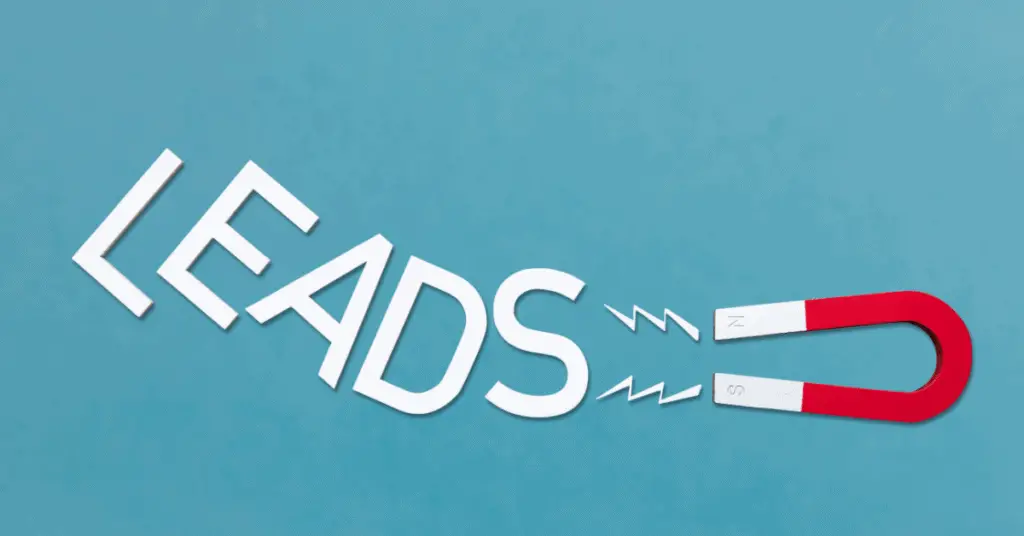
You can use website forms to collect email addresses from visitors to your website. This is a great way to grow your database of leads as you can be sure that everyone who gives you their email address is interested in what you have to say.
-Gated content:
You can use gated content to collect email addresses from people who are interested in what you have to say. Gated content is content that is behind a paywall or a form. This means that people have to give you their email address to access it.
-Lead magnets:
A lead magnet is a free piece of content that you offer in exchange for an email address. This is a great way to grow your database of leads as you can be sure that everyone who gives you their email address is interested in what you have to say.
What are the basics of permission based marketing, and how can you practice it in your business?
To practice this type of marketing in your business, you should start by building a database of qualified leads. You can do this by offering something of value in exchange for contact information.
There are a few things you can do to get started.
First, you need to identify your target audience. This includes figuring out who your ideal customer is and what they are interested in. Once you have a good understanding of your target audience, you can start thinking about what type of content would be valuable to them. This could be something like an eBook, white paper, or even just a helpful blog post.
Once you have some good content, you need to make sure that you are asking for permission before sending any marketing materials. This can be done by providing a form on your website where people can sign up to receive your content.
You can also include a link to this form in any email signatures or social media profiles. These are often overlooked by businesses, but they can be easily done and is a great way to get more sign-ups.
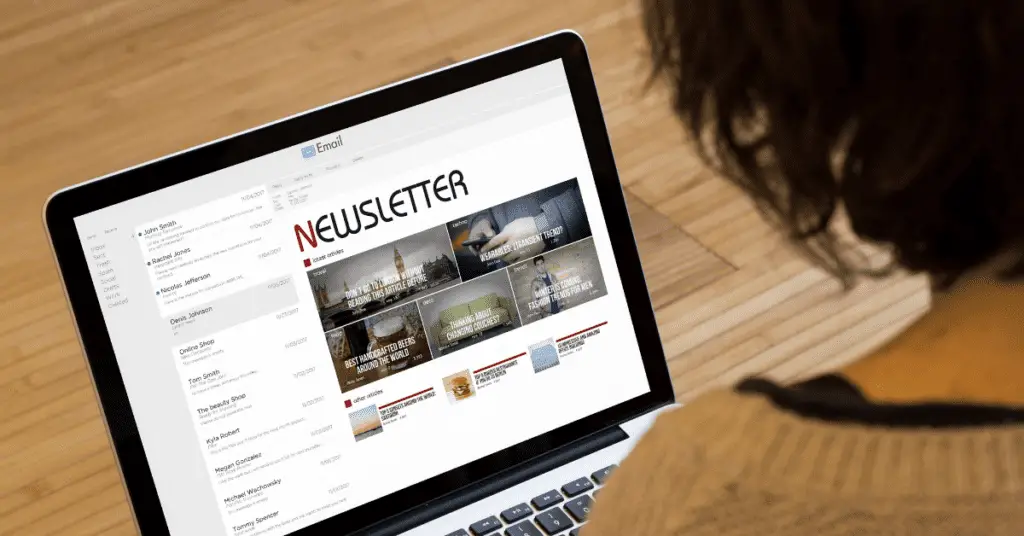
Once you have built up your database, you need to start sending out regular communications. This could be weekly or monthly newsletters, updates on new products or services, or even just helpful tips and advice.
Finally, you need to make sure that you are following best practices. This includes respecting people's privacy and only sending them information that they have signed up for.
The important thing is to provide value with every communication. If you follow these steps, you'll be well on your way to getting started with permission based marketing.
How I use permission-based marketing in my own business
I first got to know about this marketing strategy just a few days ago when I was reading “Permission marketing” by Seth Godin. It really opened my eyes to how effective marketing can be when you have the permission of your target market.
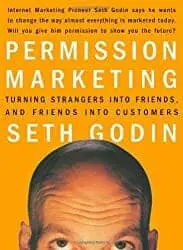
However, I must admit that I have so far used only a few of the methods mentioned here such as email marketing or social media marketing even though I did know about push notifications.
Personally, I think that this type of marketing, when done correctly, can be very effective because you can reach your target market without interrupting them or annoying them. So I plan to send out occasional surveys to my email list to get feedback on what type of content they would like to see more of.
Conclusion
As you can see, there are many benefits to using permission based marketing in your business. It can help you reach your target audience more efficiently, and it can also help improve your ROI.
Also, by following best practices and providing value to the customer, you can ensure that your campaigns are effective and that you're reaching the right people. So if you're looking for a way to make your marketing more effective, consider using permission based marketing.
What are your thoughts on permission based marketing? Let us know in the comments below!
